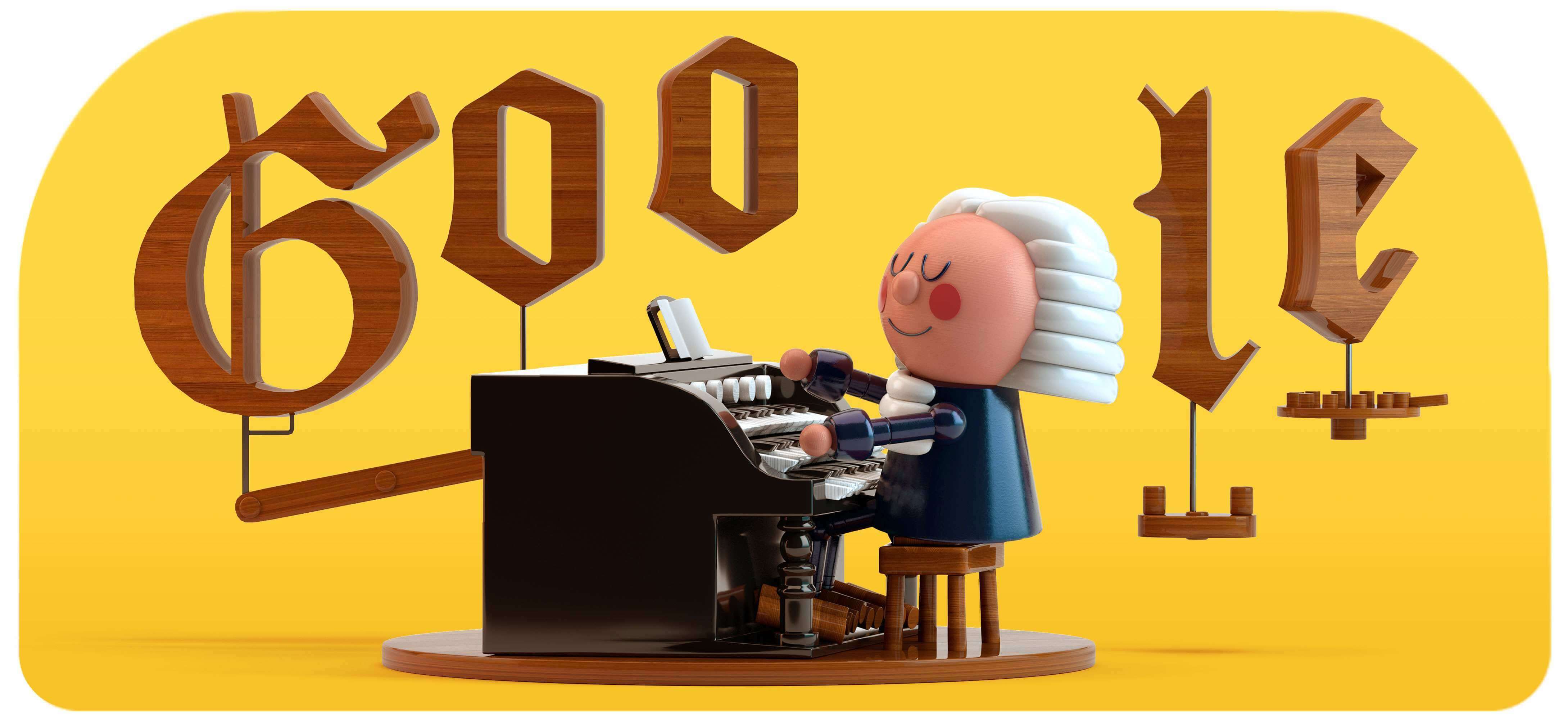
Se il 2022 è stato l'anno dell'IA, il 2023 sembra seguire l'esempio. Negli ultimi mesi, strumenti di intelligenza artificiale come ChatGPT, DALL.E, GitHub Co-pilot e altri hanno guadagnato un'enorme popolarità e vengono discussi in tutto il mondo.
Qual è l'impatto di prendere tutto il know-how musicale e inserirlo in un cervello di intelligenza artificiale che si limita a porre domande che esprimono i vostri gusti musicali? Chi ha bisogno di essere un musicista per intrattenere quando presto saremo in grado di creare la nostra musica ancora più facilmente e di attingere al genio umano di ogni musicista che ha una registrazione?
MusicLM è costruito su una rete neurale e addestrato su un ampio set di dati musicali di oltre 280.000 ore di musica, che gli consente di produrre automaticamente brani musicali innovativi composti da diversi strumenti, generi e concetti sulla base di descrizioni testuali.
Si tratta di uno strumento in grado di produrre in modo più semplice un audio di qualità superiore; si può persino canticchiare una melodia per addestrare l'algoritmo dell'intelligenza artificiale a ottenere il ritmo giusto che si desidera ascoltare. Secondo i ricercatori di Google, il modello genera musica a 24 kHz che rimane costante per diversi minuti.
Inoltre, è stato anche pubblicato un set di dati per l'addestramento dell'IA composto da 5.500 brani musicali per supportare altri ricercatori che lavorano alla generazione automatica di canzoni.
Se questo è un segno di ciò che accadrà nel mondo, serve porsi delle domande per arrivare ad una politica efficace che regolamenti le future realtà:
- Qual è il rischio che gli algoritmi di IA creino le proprie composizioni e il proprio lavoro, e chi è il proprietario di questo lavoro, l'IA o l'uomo?
- Chi è il proprietario della musica quando si tratta di una miscela di contenuti presi sul web che compongono una canzone attraverso il genio dei musicisti?
- Quando si acquista della musica, si acquista anche il diritto di utilizzarne l'audio come dati per l'addestramento dell'IA?
È chiaro che dobbiamo migliorare la nostra legislazione in materia di proprietà della musica e capire come gli algoritmi di IA debbano essere trattati e gestiti nell'industria musicale.
Anche se Google, Meta, Microsoft, OpenAI e molti altri leader del mercato dell'IA continueranno a far avanzare le frontiere di ogni settore utilizzando l'IA, noi, come esseri umani, abbiamo la responsabilità etica di pensare più intensamente al mondo che vogliamo creare e lasciare alle generazioni future.
I cervelli umani e il talento musicale hanno un valore e stiamo rapidamente mercificando il prezioso DNA creativo in bit e byte che avranno un forte impatto sui diritti di proprietà creativa dei nostri musicisti…
Tuttavia, si tratta di evoluzione! Sarà intrigante seguire il suo processo.
"MusicLM casts the process of conditional music generation as a hierarchical sequence-to-sequence modeling task, and it generates music at 24 kHz that remains consistent over several minutes. Our experiments show that MusicLM outperforms previous systems both in audio quality and adherence to the text description. Moreover, we demonstrate that MusicLM can be conditioned on both text and a melody in that it can transform whistled and hummed melodies according to the style described in a text caption" ha affermato Google nel documento di ricerca, mentre rilasciava alcuni campioni creati utilizzando lo strumento AI, che sembrano promettenti.
Ascolta tu stesso le prime proposte di Google MusicLM
